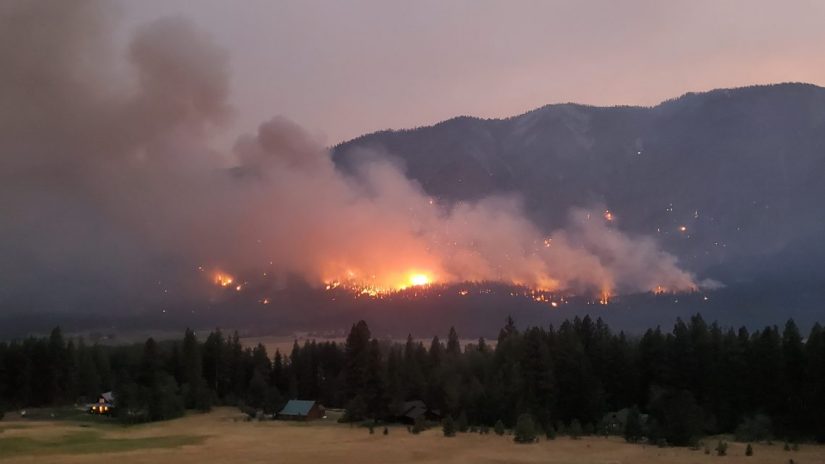SEFS research scientist co-authors urgent request for change in face of climate change, wildfires

A UW School of Environmental and Forest Sciences research scientist has co-authored, along with a team of scientists from leading research universities, conservation and organizations and government labs across the western U.S., a report that aims to give land managers and others across the West resources that summarize the best-available science, so they can make decisions about how to manage their landscapes.
“Based on our extensive review of the literature and the weight of the evidence, the science of adaptive management is strong and justifies a range of time- and research-tested approaches to adapt forests to climate change and wildfires,” said co-lead author Susan Prichard, the SEFS research scientist.
According to a recent UW News story about the report, “these approaches include some thinning of dense forests in fire-excluded areas, prescribed burning, reducing fuels on the ground, allowing some wildfires to burn in backcountry settings under favorable fuel and weather conditions, and revitalizing Indigenous fire stewardship practices. The findings were published Aug. 2 as an invited three-paper feature in the journal Ecological Applications.”
Scientists mostly agree that reducing the fuels for these fires is needed to make western forests more resilient to fires and climate change, but policy and action has not matched that need. Meanwhile, western states are on track for another record-setting wildfire season.
Prichard and her colleagues wrote this report as an urgent request for change. Read more about the report and Prichard’s role in the UW News story.